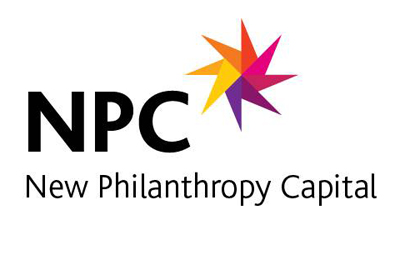As the teaching union conference season returns, ushered in by chill winds and snow, can we comfort ourselves with warm feelings about student well-being? As exam season looms and teenagers’ stress levels rise, how able are they to cope?
In the Ofsted Framework, schools aren’t explicitly measured on activities which support well-being, and PSHE is often squeezed. Yet most teachers intuitively know that students who are feeling low don’t learn as effectively as they might, and are less confident in a test or exam situation. Which is why many schools work with a range of organisations, often from the youth sector. But how effective is this?
We are particularly pleased to learn about a new commission, chaired by former children’s minister Tim Loughton, which will look into the evidence of good practice from successful partnerships between schools and youth organisations. It will investigate how working together can help to improve young people’s social and personal development; evidence of this has not often been collected in the past.
Although we hope that temperatures will rise in the next month, we hope that student anxiety will not, and in the season of debate around schooling, we would love to see discussion of student well-being on the agenda. The Wellcome Trust suggest in their Recommended Code of Governance for schools, that key performance indicators for governors should include measures beyond test scores which the recently launched dashboard is based on. Why not propose that the responsibility teachers feel for nurturing students’ self-esteem and relationships is acknowledged? It can then be properly prioritised and funded.
As teachers debate many pressing issues and consider the factors involved in providing a ‘well-rounded’ education, we urge you to address the challenge of measuring all the outcomes you value, not just test performance. It may not be as difficult as you think and the evidence will be invaluable.



